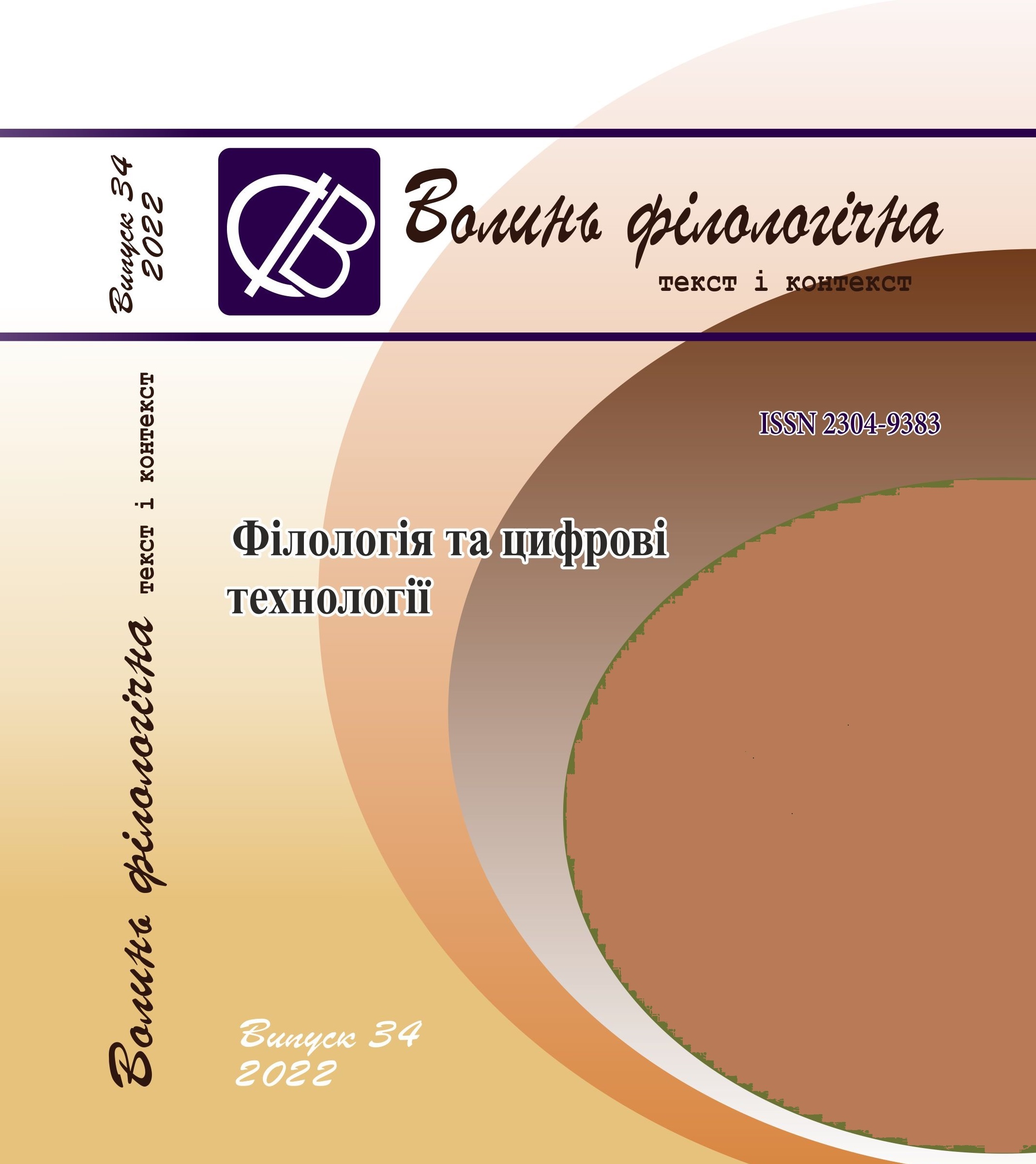Nationalistic Content of Olena Pchilka's Activity as an "woman editor-publisher" of the journal "Ridnyi Krai (Native Land
Keywords:
Olga Kosach, national culture, "chasopys"-magazine, journalism, fiction, essay writingAbstract
The article highlights the multifaceted activity of Olena Pchilka as an "editress-publisher" (as she herself defined her position) in the nationalization of Ukrainian society. The journal "Native Land" (self-identified as a "chasopys" at that time), the chief editor of which was Olena Pchilka from 1907 to 1916, is today recognized as a prominent and
essential page in the history of the Ukrainian identity formation. But numerous recent studies dealing with the journal's activity are primarily descriptive and fragmentary in nature. In the modern historical context, the relevance of this journal is difficult to overestimate. Most of the published in it materials when transferred without date and author into modern Ukrainian culture would be perceived as topical. It is essential to explore deeper the foundations of the timeless relevancy of the magazine. To argue the research findings, it is necessary to apply not only the cultural-historical approach but also involve other modern methods, particularly, receptive inter-textual, hermeneutic, post-colonial, and others. The purpose of the article and the main tasks of the study are to emphasize the leading role of Olena Pchilka in the journal's "Native Land" activity, which is not yet sufficiently appreciated in modern Ukrainian culture, to show how exactly she managed to promote the Ukrainization of society in the conditions of colonization, assimilation, national, economic, and cultural oppression. The scientific novelty of the article consists in substantiating a new vision of Ukrainian literature history and its first-rate representatives, in particular Olena Pchilka. In conclusion, it is necessary to systematize all the many roles of Olena Pchilka, which she performed in order not only to publish a journal for a decade but also to significantly influence the literary and socio-political situation in the country through it, under conditions of brutal national oppression, thus laying the foundations of the Ukrainian renaissance.

